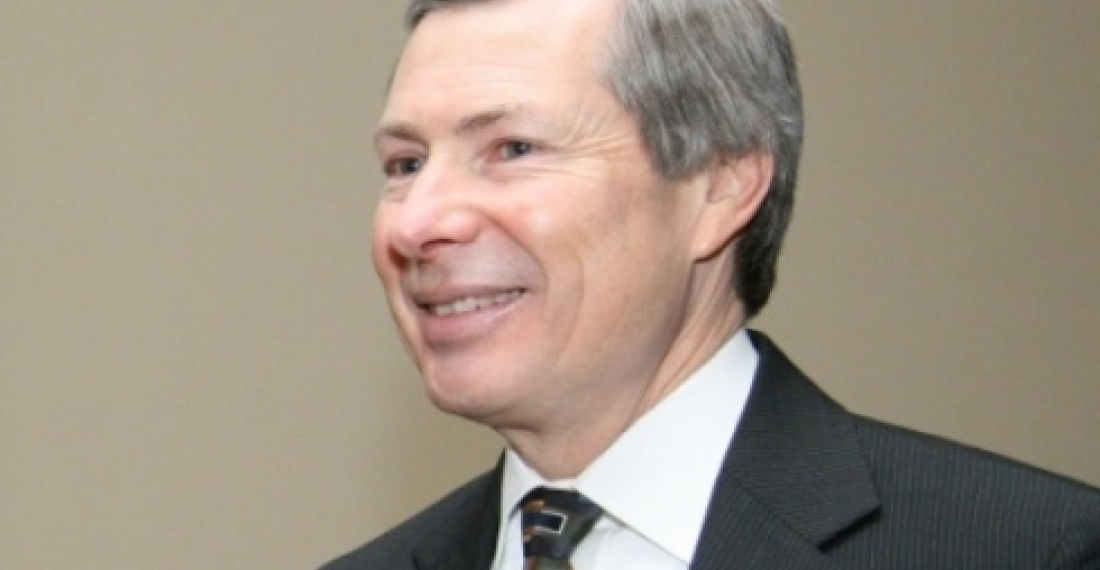The US co-Chair of the OSCE Minsk Process, Ambassador James Warlick, spoke to the Azerbaijani news agency APA about the state of the peace process. We reproduce it here in full
How do you characterize the situation on the line of contact after your recent visit to the region?
The situation along the Line of Contact remains tense, but has stabilized since the end of January. We urge the sides to strictly adhere to the ceasefire to create a more conducive atmosphere for peace negotiations. Also, with religious holidays, commemorations, and other events in the region, it is in the interest of the parties to maintain a period of quiet.
You stated that the main purpose of the visit was to call on the conflicting sides to maintain ceasefire? Did you make any specific proposals during the visit?
The Presidents confirmed their commitment to the peaceful resolution of the conflict, and they agreed to consider proposals to strengthen the ceasefire. Our proposals would reduce the likelihood of incidents that could lead to an escalation of tensions. We are hopeful that the sides can agree to these and other measures.
During your last visit to the region you met with ICRC representatives. Before that Assistant Secretary Victoria Nuland called on Armenia to make humanitarian gesture and release Azerbaijani hostages. Are there any progress?
The two Azerbaijani citizens remain imprisoned. We reiterate our conviction that the release of all prisoners held by the sides is an important humanitarian gesture.
Armenia demands de-facto NK regime's (authorities) participation in the negotiation process. How negatively it may influence the process?
The interests of the people of Nagorno-Karabakh will have to be taken into account in a negotiation process. This is why the Co-Chairs travel to Nagorno-Karabakh and meet with the de facto authorities and other members of the community.
Do you have any plans related with the two countries foreign ministers' meeting?
We hope to bring the two Foreign Ministers together at the appropriate time, and are in close contact with them. While we believe such dialogue is useful, it is ultimately their decision whether to meet.
In your statement you mentioned on your plans regarding the two countries presidents' meeting. Could you tell about preparation to this meeting and when it may take place? During your last interview you stated that you do not want meeting for show. What are you planning to do in order to avoid meetings for show?
At the Paris Summit in October 2014, the Presidents committed to intensify their dialogue this year. They reaffirmed their readiness to meet later this year during the Co-Chairs' recent trip to the region. We are working with the Foreign Ministers to prepare a substantive agenda for the Presidents' next meeting in order to narrow differences between the sides on the key issues of a settlement.
source: commonspace.eu with APA News Agency, Baku
photo: Ambassador James Warlick (archive picture).







